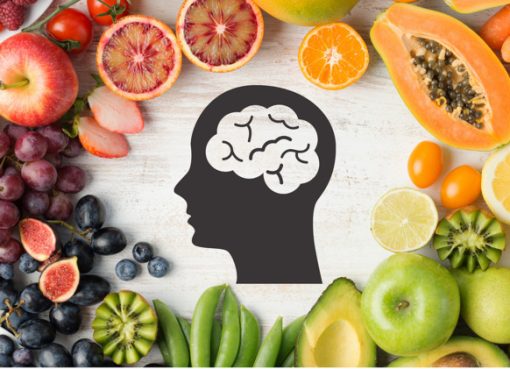Nutrition and Healthy Eating

Nutrition and healthy eating play crucial roles in maintaining overall health and well-being. A balanced diet provides the necessary nutrients to fuel the body and support its various functions. From maintaining a healthy weight to reducing the risk of chronic diseases, good nutrition is essential for a vibrant and active lifestyle.
Importance of Nutrition
Balanced Diet
A balanced diet consists of a variety of foods that provide essential nutrients, including carbohydrates, proteins, fats, vitamins, and minerals. By consuming a diverse range of foods, individuals can ensure they meet their nutritional needs and maintain optimal health.
Nutrient-Rich Foods
Nutrient-rich foods, such as fruits, vegetables, whole grains, lean proteins, and healthy fats, are the foundation of a healthy diet. These foods are packed with vitamins, minerals, antioxidants, and fiber, which are essential for supporting overall health and preventing nutrient deficiencies.
Impact on Health
Good nutrition plays a vital role in preventing and managing various health conditions, including obesity, heart disease, diabetes, and certain cancers. By making healthy food choices and adopting a balanced diet, individuals can reduce their risk of developing chronic diseases and improve their overall quality of life.
Components of a Healthy Diet
Macronutrients
Macronutrients, including carbohydrates, proteins, and fats, are the primary sources of energy for the body. Each macronutrient serves a specific function, with carbohydrates providing quick energy, proteins building and repairing tissues, and fats supporting cell growth and hormone production.
Micronutrients
Micronutrients, such as vitamins and minerals, are essential for maintaining various bodily functions, including immune function, metabolism, and bone health. While micronutrients are required in smaller amounts compared to macronutrients, they play critical roles in overall health and well-being.
Hydration
Hydration is another important component of a healthy diet. Water is essential for regulating body temperature, transporting nutrients and oxygen, and removing waste products from the body. Staying hydrated is crucial for maintaining proper hydration levels and supporting overall health.
Healthy Eating Habits
Portion Control
Practicing portion control is essential for managing calorie intake and preventing overeating. By being mindful of portion sizes and listening to hunger cues, individuals can maintain a healthy weight and prevent weight-related health issues.
Meal Timing
Eating regular meals and snacks throughout the day can help stabilize blood sugar levels and prevent energy crashes. Aim for three balanced meals and one to two snacks per day, spaced evenly to maintain energy levels and curb cravings.
Mindful Eating
Mindful eating involves paying attention to the sensory experience of eating, including taste, texture, and aroma. By eating slowly, savoring each bite, and tuning into hunger and fullness cues, individuals can develop a healthier relationship with food and avoid emotional eating.
Tips for Improving Nutrition
Meal Planning
Meal planning can help individuals make healthier food choices and save time and money. By preparing meals in advance, individuals can ensure they have nutritious options available and avoid relying on convenience foods or takeout.
Reading Food Labels
Reading food labels can help individuals make informed choices about the foods they consume. Pay attention to serving sizes, ingredient lists, and nutrient content, and aim to choose foods that are low in added sugars, sodium, and unhealthy fats.
Cooking at Home
Cooking at home allows individuals to have more control over the ingredients and cooking methods used in their meals. Experiment with different recipes and cooking techniques to create delicious and nutritious meals that support your health and well-being.
Common Nutrition Myths
Carbs are Bad
Carbohydrates are an essential source of energy for the body and should be included as part of a balanced diet. Focus on choosing complex carbohydrates, such as whole grains, fruits, and vegetables, which provide fiber and essential nutrients.
Fat Makes You Fat
Not all fats are created equal, and some fats are actually beneficial for health. Focus on consuming healthy fats, such as those found in nuts, seeds, avocados, and fatty fish, which can support heart health and reduce inflammation.
Skipping Meals Helps with Weight Loss
Skipping meals can actually be counterproductive and lead to overeating later in the day. Instead of skipping meals, focus on eating balanced meals and snacks throughout the day to maintain energy levels and prevent excessive hunger.
Conclusion
Nutrition and healthy eating are essential for supporting overall health and well-being. By adopting a balanced diet, practicing portion control, and making mindful food choices, individuals can improve their health, reduce their risk of chronic diseases, and enhance their quality of life.


Leave a Comment